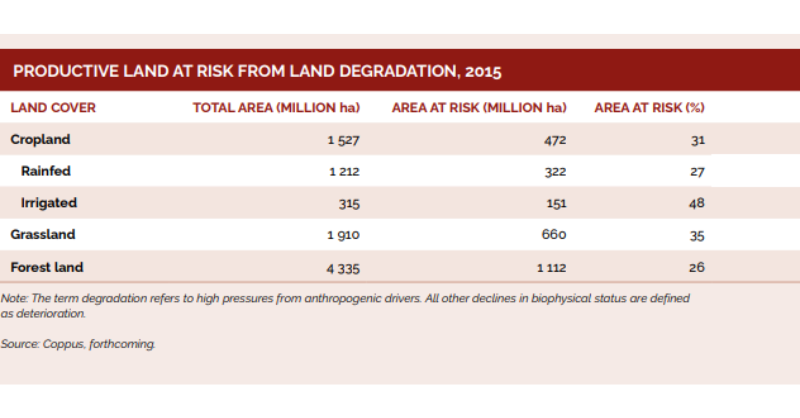Quick Insight: healthy soil elsewhere drives our economy.
Or soil degradation around the world is our problem as well
Europe relies on the world to supply a material proportion of its low value raw materials. We turn these materials into food for ourselves, and into exports of higher-value processed products. This means that our way of life is supported by soil health, not just within our own region, but globally. And the fact that global soil health is declining, is something we should all care about - preferably before we reach the negative tipping point.
A recent study from the WWF highlights claims that the EU is ‘feeding the world’ with its agricultural exports are no longer tenable. In fact, in many respects the EU ‘eats the world’. Despite being the world’s largest exporter of agri-food products in economic terms, the EU carries a significant trade deficit in nutritional terms.
The EU’s agri-food trade model revolves around importing low value raw products, such as cocoa, fruits and soybeans, and exporting high-value ones – making a positive contribution to the EU economy, but not necessarily to the global food supply, resilience, or food security. Given this, the current mantra that to solve the food security crisis that ‘we must produce more in Europe to feed the world’ is not responding to the reality of the situation. It fails to recognise that Europe depends on the world for its food.
The region is a net importer of both calories and proteins, relying on imports for the equivalent of 11% of the calories consumed and 26% of proteins. And despite what we may have thought, this is not a recent issue.
Soil health is essential to the modern economy. It's not only the foundation for our agricultural production, it is also a material contributor to water quality, climate change and human health.
A key aspect of soil health is the recognition that managing nutrient availability alone - such as through the use of agrochemicals (mainly fertilizers) -, is not sufficient for optimizing plant growth. There is now an increased recognition that some management practices used in intensive agriculture to increase total plant production are actually detrimental to soil health.
Plus, it's not just about feeding the world, as important as that is. Healthy soils are also a major contributor to economic activity and employment. Those interconnections are becoming increasingly strained, which is why financial professionals should care about healthy soils, not just at home but everywhere.
To misquote the title of a recent film, 'don't look up, look down'.
You can read more on this topic in a blog for The Sustainable Investor …





